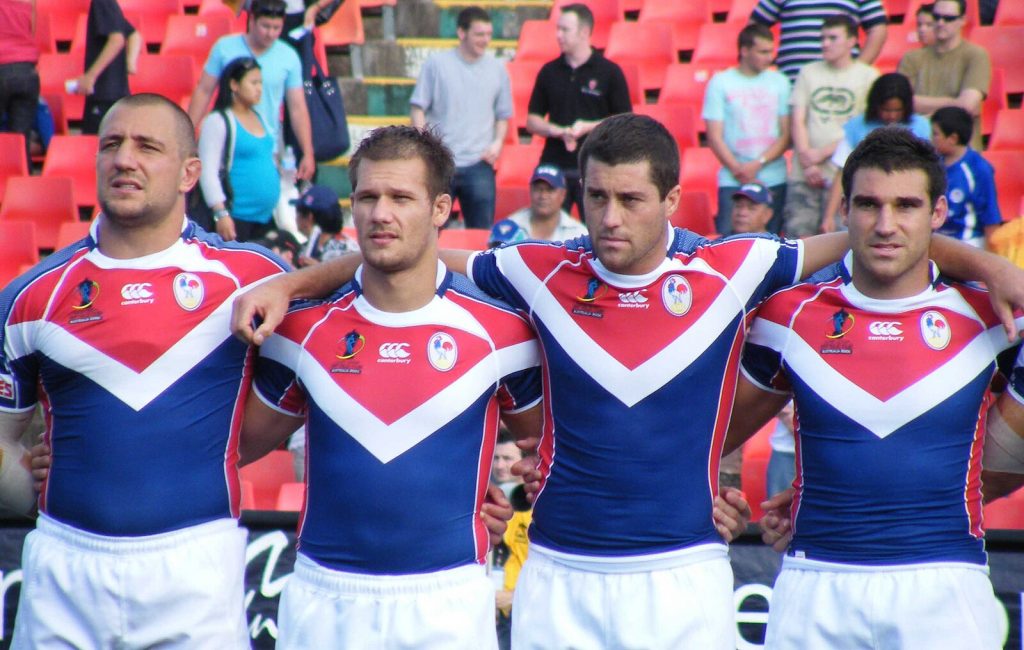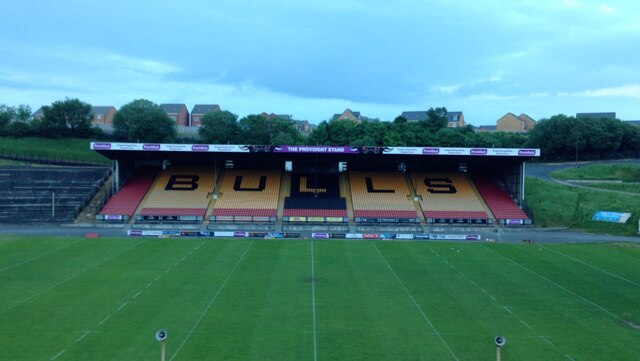There’s a certain magic number for sports leagues — and in rugby league’s Super League, that number has long been 12. It’s not perfect, but it works. It keeps the fixture list balanced, the standard high, and the calendar from collapsing under its own weight.
And yet, still came the announcement about changing Super League to 14 teams (without the knowledge or approval, it seems, of Sky or Sport England). On paper, it sounds thrilling: more clubs at the top level, more games for fans, and access to new TV markets. But in reality, it risks diluting quality, stretching resources thin, and creating a long, draining season that could damage the very sport we cherish.
Financial pressure and fixture congestion
The harsh truth is rugby league lacks enough elite squads to fill 14 Super League spots without a noticeable drop in standards. Even with 12 teams, we regularly witness blowouts, struggling clubs, and overworked players due to small rosters. Adding two more teams will only widen the gap between the best and worst. Fans deserve competitive matches, not constant 40-point thrashings. If mismatches become frequent, attendance will fall and TV viewers will lose interest. Look at Salford – do we want to take a risk and let what happened this season to them happen every season?
Fixture congestion is already a major issue for the Super League. Between the regular season, Challenge Cup, Magic Weekend, potential loop fixtures, and international games, player burnout is a real threat. Expanding to 14 teams without reducing fixtures means players would face punishing schedules, leading to more injuries, declining quality, and stars sidelined in rehab rather than on the field. The proposal to scrap Magic Weekend is, in my opinion, utterly ludicrous. Magic Weekend is rugby league – a true exhibition of our sport, of community, and pride in who we are as a fan.
Many assume expansion guarantees more money. Sometimes it does, but only if new clubs bring fresh TV audiences, attract sponsors, and have strong financial backing. Rugby league’s income is already stretched, with several clubs barely breaking even. Adding two teams without significantly increasing revenue risks weakening the entire league. Catalan, a team clearly struggling this season, are tipped to play in Paris next year as a celebration of 30 years of Super League. We’re keeping them around clearly, but we intend to take even more money from them to compensate for the new additions?

The elephant in the room
Then there’s the Bradford Bulls question. If the Super League expands, who gets the two new spots? Some say, “Bring back the Bradford Bulls!” It’s easy to understand why. Bradford were once a powerhouse – four-time Super League champions, Challenge Cup winners, packing 20,000 fans at Odsal, a brand recognised nationwide. But since 2012, the Bulls have spiralled: financial crises, relegations, multiple administrations, and years in the Championship without serious title contention. They’re no longer a force on or off the pitch. Attendances have plummeted, Odsal’s facilities are outdated, and the team isn’t up to Super League standard.
Reinstating Bradford based on nostalgia alone would be sentimental, not strategic. The sport has made that mistake before. If IMG and the RFL want a sustainable Super League, every club must be competitive, commercially viable, and add value from day one. Right now, Bradford doesn’t meet those criteria.

Who could step up?
If expansion happens, better options exist. Toulouse Olympique boasts solid infrastructure, ambition, and a foothold in a growing French market. Featherstone Rovers have shown consistent on-field success and stable backing. London Broncos, despite struggles in 2024, provide rugby league’s only true presence in the capital and access to London’s sponsorship opportunities. Even a long-term project like York Knights, with a modern stadium and community focus, offers a stronger foundation for future growth than reviving a faded giant solely for nostalgia.
The reality: 14 teams is a gamble that rugby league can’t afford to lose. Without a clear plan to raise standards league-wide, expansion risks making the Super League less competitive, less entertaining, and less financially sound. Growing the sport doesn’t mean just adding more teams. It means investing in existing clubs, ensuring every game is a compelling contest, and building a league as strong at the bottom as it is at the top. And I’m sorry, Bradford, but until you prove you’re ready, your place is in the Championship, not in a Super League spot you haven’t earned.
Let’s Chat!
Molly On The Story
Proudly powered by WordPress

Leave a Reply